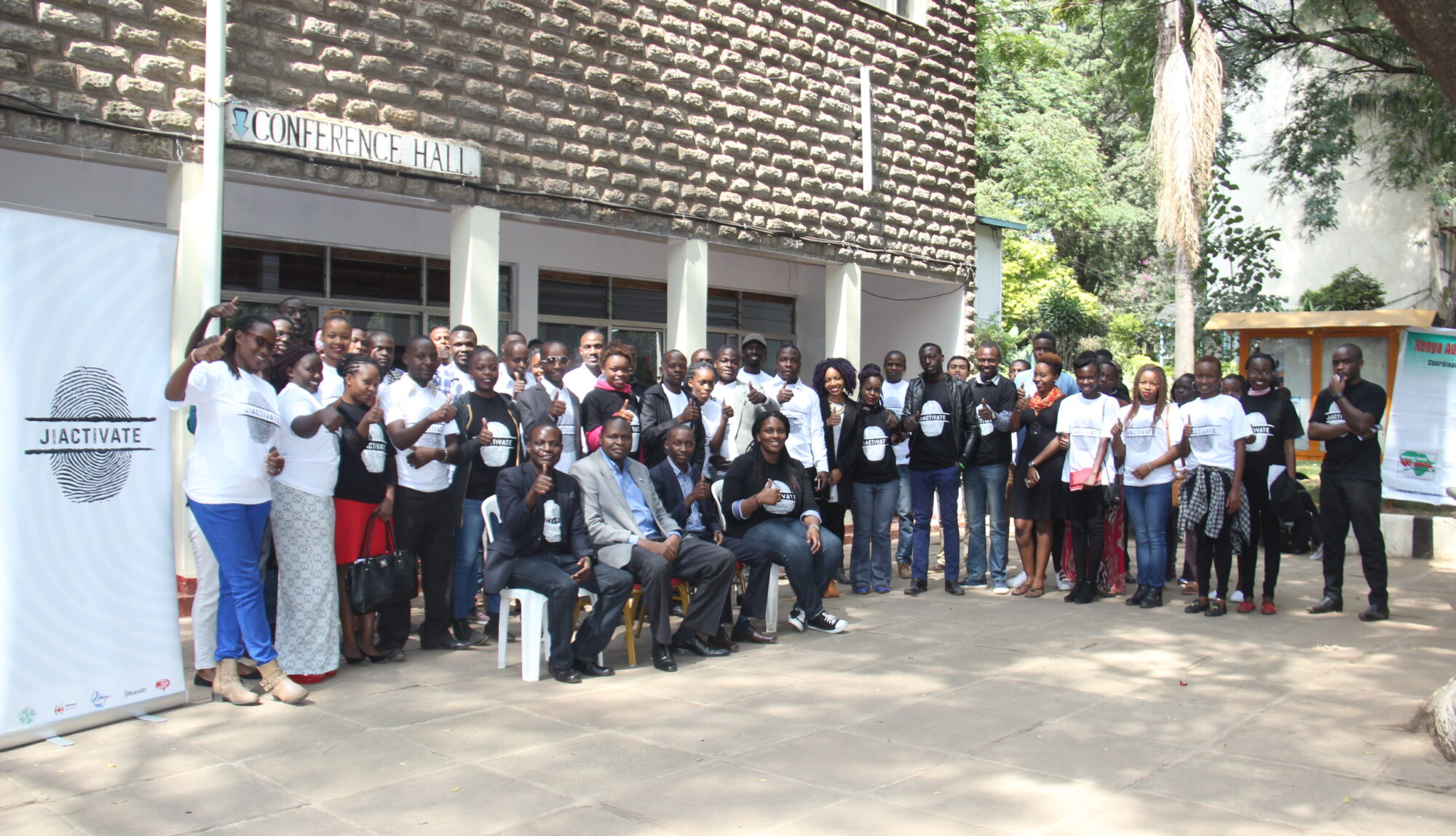Health Literacy: Key for youth to access quality health care!

“You look pregnant! Why do you engage in sex then come here lying that you are sick!!”
These kinds of statements and many more are very familiar to young people when we visit our public health facilities.
Most of us feel so intimidated by such sentiments from a provider that we don’t even pay attention to the kind of care given. Eventually, most young people fear walking into facilities for care. We are always out there lamenting about provider attitude. This has to stop!!
While it is true that provider attitude is a major hindrance to access of quality care, ignorance on health literacy is also a major contributing factor.
Most of us young people don’t know how to make our own case while sitting face to face with the care provider. We don’t ask what the lab results say. We don’t question what the injection we are receiving is for and what effects to expect. We are so afraid to ask the medical practitioner the function of each prescribed medication. We don’t even explain what we feel properly.
Being health literate is not about being so learned or informed. Each one of us can do this. It is a matter of being curious and making sure we follow through any medication administered to us. This is what we call self-advocacy.
Those of us within the health advocacy for youth space continue to put stakeholders to task to improve circumstances under which young people access care. Our efforts would be in vain if every young person doesn’t advocate for him/herself during the physical contact with a provider.
With a population of youth who are health literate, our dreams of someday achieving quality and equity within the health sector for youth will soon be realized. In fact health literacy will help us tame provider attitude rather than raise it with policy makers.
It is therefore time for us to engage our fellow youth in meticulous campaigns on health literacy awareness. On the same note, I stand very grateful to youth led organizations like Organization of African Youth for setting the pace for this conversation.


By Lynette Ouma.